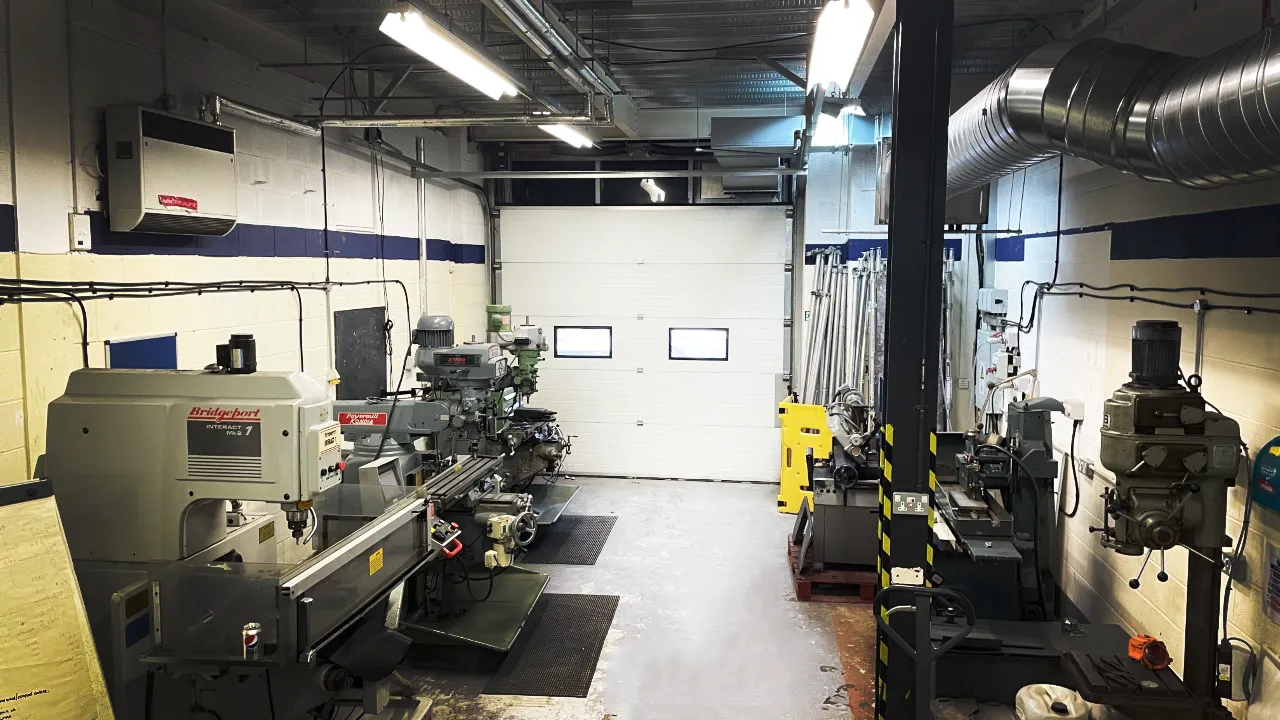Over the past few years, the demand for new engineers has grown steadily. However, at the same time, a large number of experienced engineers have retired and fewer new recruits have entered the jobs market, leading to a substantial shortfall in skills and workers.
According to industry experts, the UK engineering sector needs around 60,000 extra professionals if it’s going to fill all available roles. This means that there is a wealth of exciting opportunities available for anyone who enters the industry. So, why are engineers in high demand across the country? And what can be done to train new talent and staff this important industry?
Despite the challenges of Brexit and Covid-19, engineering and manufacturing remain vital to the UK economy. Projects that are linked to STEM technologies, the expansion of renewable energy infrastructure, and the push for smart cities could pump billions into the economy and revitalise parts of the country that have previously been left behind by new investment.
Demand for engineers in UK business spans a wide variety of sectors and disciplines. There’s a need for civil, mechanical, electrical and software engineers in fields as diverse as energy, manufacturing, technology and aerospace.
If vacancies in these industries aren’t filled, it could pose a real risk to infrastructure, technological advancements and economic growth. In fact, a lack of engineers could impact the UK’s position as an exciting and innovative place to do business for years to come, setting the country back and letting the competition get ahead.
Engineering apprenticeships are an effective and valuable way to fill the current engineering skills gap. The UK has significantly expanded its apprenticeships programmes, making them a central part of the country’s strategy to create a skilled engineering workforce.
This increase in apprenticeships has been partly funded by the Apprenticeship Levy. Introduced in 2017, it requires larger employers to contribute to the funding of apprenticeship training. According to Treasury figures, £3.580 billion was raised by the levy in the 2022-23, pumping a significant amount of money into apprenticeships across the country.
As well as the Apprenticeship Levy, the UK government is backing a range of other initiatives designed to help address the skills gap in the engineering sector. This includes providing financial aid for apprenticeships and scholarships, and prioritising skills for future technologies such as renewable energy, digital infrastructure and advanced manufacturing.
The best engineering apprenticeships produce the best engineers. So, providing funding and other incentives should be a good way of attracting new talent to the industry and giving them the training and support they need to succeed.
Currently, women make up just 16.5% of the total engineering workforce. Increasing the number of women in the industry would help to fill the skills gap and bring untapped talent into the engineering sector.
Organisations like WISE (Women in Science and Engineering) and the Royal Academy of Engineering are working to attract more women and ethnic minorities into engineering careers. However, the current imbalance could take years to put right.
The UK needs skilled engineers more than ever. Qualitrain’s comprehensive apprenticeship programmes offer the perfect pathway into this high-demand field. Be part of the solution and contact our team today!
Image Source: Canva
These Related Stories



No Comments Yet
Let us know what you think